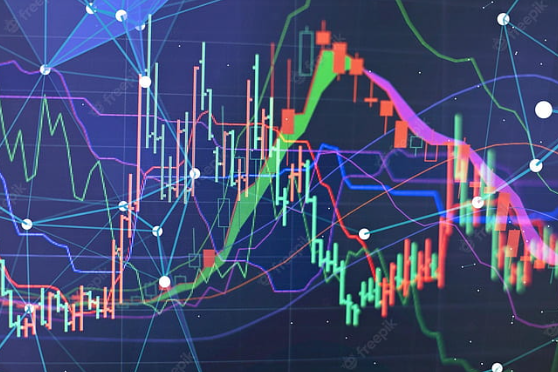Navigating the world of forex trading can be both exciting and daunting, especially when it comes to choosing the right forex broker for your needs. In this comprehensive overview, we will cover every aspect of forex brokers, demystifying the jargon, and giving you the knowledge to make informed decisions before you start trading.
What Exactly is a Forex Broker?
A forex broker is a service provider that acts as an intermediary between you, the trader, and the forex market. They provide the trading platform that allows you to buy and sell currencies. Since forex trading is extremely complex, it’s vital to have a broker who can execute your trades quickly and effectively. But how do you choose the right one?
There are two main types of forex brokers: market makers and ECNs (Electronic Communication Networks). Market makers provide liquidity by taking the other side of your trade, while ECNs pass on your trades directly to the market. Each type has its advantages and disadvantages, so it’s important to understand the differences and how they might affect your trading.
What to Look for in a Forex Broker
When evaluating a forex broker, there are several key factors to consider. These include the broker’s regulatory status, trading platform, available instruments, transaction costs, and customer service. It’s also essential to look at the broker’s reputation and user reviews.
Regulation is crucial in the forex market, as it ensures the broker is operating within legal boundaries and that your funds are safe. The trading platform should be user-friendly and offer the tools and analysis you need to make informed trading decisions. Transaction costs can vary significantly between brokers and can have a substantial impact on your trading profitability.
Lastly, customer service might not seem like a big deal until you are in a trading crisis. Ensure that your broker provides responsive and helpful customer support.
The Cost of Trading Forex
Understanding the costs associated with trading forex is critical. Brokers typically make money through spreads, commissions, and rollover fees. The spread is the difference between the bid and ask prices of a currency pair and is how non-ECN brokers make money. Commissions are straightforward fees on trades, and rollover fees occur when you hold a position past the end of the trading day.
It’s also important to consider the effect of leverage on your trading costs. While leverage can amplify profits, it also increases the size of potential losses. Always be aware of the leverage your broker offers and the risks associated with it.
Final Thoughts
Choosing the right forex broker is one of the most important decisions you will make before starting to trade. Take your time to research and consider the factors we’ve covered here to ensure your broker aligns with your trading goals and style. Remember, the forex market can be volatile, and a good broker can make all the difference in your trading success.
Transparency Matters: Evaluating Forex Brokers’ Reporting and Accountability
